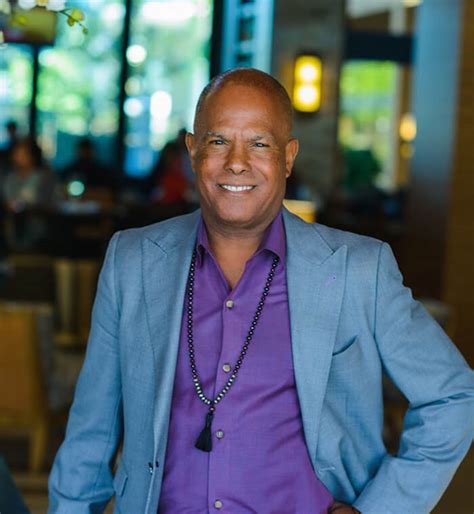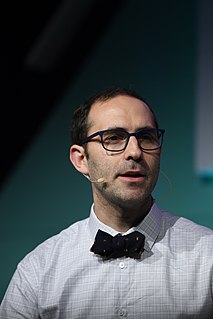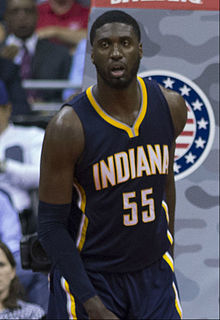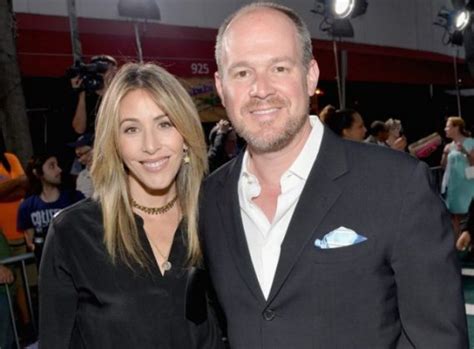A Quote by Saul Perlmutter
If you ask almost any of them, do you stand behind your theory, is this the answer, I think they would almost every one say that no, no, no, I'm just trying to expand the range of possibilities. We really don't know what is going on.
Related Quotes
People who know what they want, the universe has a way for clearing a path for them. When you want something bad enough, it's going to happen for you. You can almost manifest your own destiny by always focusing on it. Almost like the law of attraction. If you really know what you want, the chances of you finding it are so much more strong. It's almost as if it will come fall right on your lap. I know that I want to be champion.
Mathematics is really an art, not a science. You could say science also is an art. So I would say the difference is something you can't really describe - you can only recognize. You hear somebody playing the violin, and it was Fritz Kreisler or it was somebody else, and you can tell the difference. It is so in almost every art. We just don't understand why it is that there are just a few people who are just completely off the scale and the rest of them are just mediocre. And we don't know why. But I say it's certainly true of mathematics.
I think people don't really understand how much footballers are affected by the people in their lives. When we're interviewed, people always ask about managers and tactics and training, but they almost never ask about what's going on off the pitch, and to me, that's just as important to your career.




































